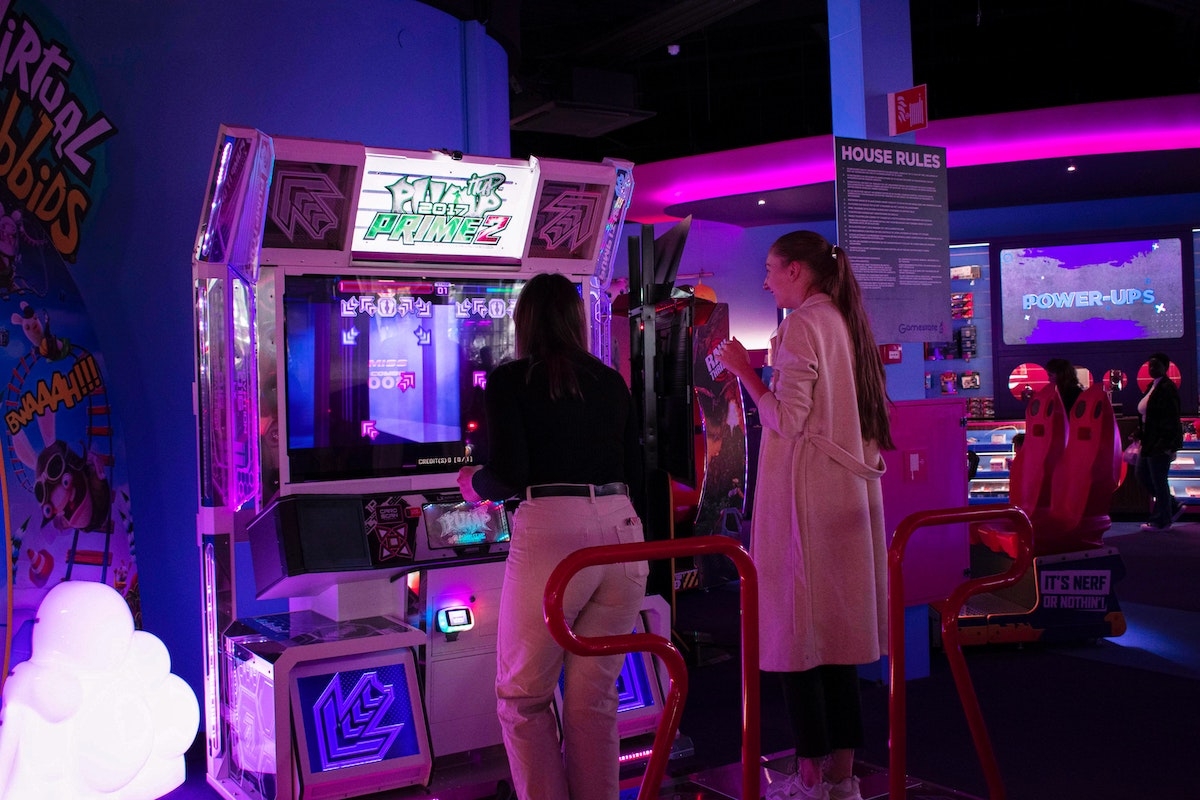
Is this the hill to die on? – the controversy of online learning
For the life of me I just don’t get it? Why has my beloved former profession of teaching chosen ‘Online Learning’ as the battleground with the Ontario provincial government. Really, Union leaders and parents . . .
“Is this the hill to die on?”.
Did you think about other issues in education that impact a teacher’s job and children’s learning with far greater consequences for their futures, their safety and educational advancement? Many come to mind. Some should concern every Ontario adult and are worth striking for. Some are worth sacrificing many, on a battlefield hill.
Violence in our schools is one. Violent incidents have become commonplace and incidents are escalating annually. Teachers learn procedures to handle students perpetrating violence and children learn lockdown procedures. Some educators wear protective gear to avoid injury from bites, kicks, spits, and assaults. Children are regularly moved out of their classroom, denied their learning opportunity, while one child remains in their classroom displaying dangerous behaviour for classmates.
I think most Ontarians would agree that eliminating and controlling violence in our schools is a hill to die on.
Drugs in our schools is a second one. Most students can find a source of drugs in school as fast as they can find a water fountain. Drugs are more powerful than ever. Death by Opioid drugs is a spiralling tsunami, and in the up to age 25 category alone, there were 34 in 2015, 40 in 2016, 64 in 2017 and 82 in 2018 just in Ottawa. In Ontario for the same age group the numbers were for the same years respectively, 728, 867,1265 and 1474.(Public Health Ontario)
I think most Ontarians would think eliminating and controlling drugs in our schools is a hill to die on.
Portables is another one. Third world conditions exist in portables that greatly impact learning. No one talks about it though. These overheated, under-ventilated, undersized, usually overcrowded four-walled boxes called portable classrooms are abominable and should only be used under the most extreme circumstances, like a tornado passing through and levelling every shelter to the ground.
Any teacher trying to use modern methodology with a full class of youngsters, in Ontario’s climate, for any length of time would think that portables is a hill to die on.
But ‘OnLine Learning’ people? I shake my head at this one. Online learning might be the greatest revolution in learning the world has ever seen and its potential limitless for creative teachers and lifelong learners.
Few Ontario children are unfamiliar with computers by 9th grade. Most are practically emerging from the womb with a cell phone attached to the umbilical cord.
Success rates in online courses are equivalent to those taken traditionally. Students can reach ahead, catch up or add to their credits independently.
A teacher's job is to inspire a love of learning and empower students with skills to learn whatever they want. Historically, we taught children to read books for information. We had them demonstrate the learning. We tested whether they knew how to learn and provided opportunities for application. Once started, we were a guide on the side, not a sage on the stage.
How is teaching a teenager how to Google a topic, find and read a required number of sources, make notes on what has been read, prepare an essay with a word processing program, and then create a YouTube video talking on the subject, all with a teacher coach available right in a physical classroom, or from a distance in a virtual classroom, sitting in blue striped pyjamas, one bit different?
The teacher’s purpose and guidance is identical. The way he or she delivers it is just a bit different. And it is only two courses in any subject a child chooses, over four years of high school. In my opinion, such courses might be the most valuable learning experience from high school, used and remembered far, far down the proverbial road. Could implementation challenges be the real issue?
Online Learning. Our teachers are on strike over this. I ask them . . .
“ Is this really a hill to die on?”









